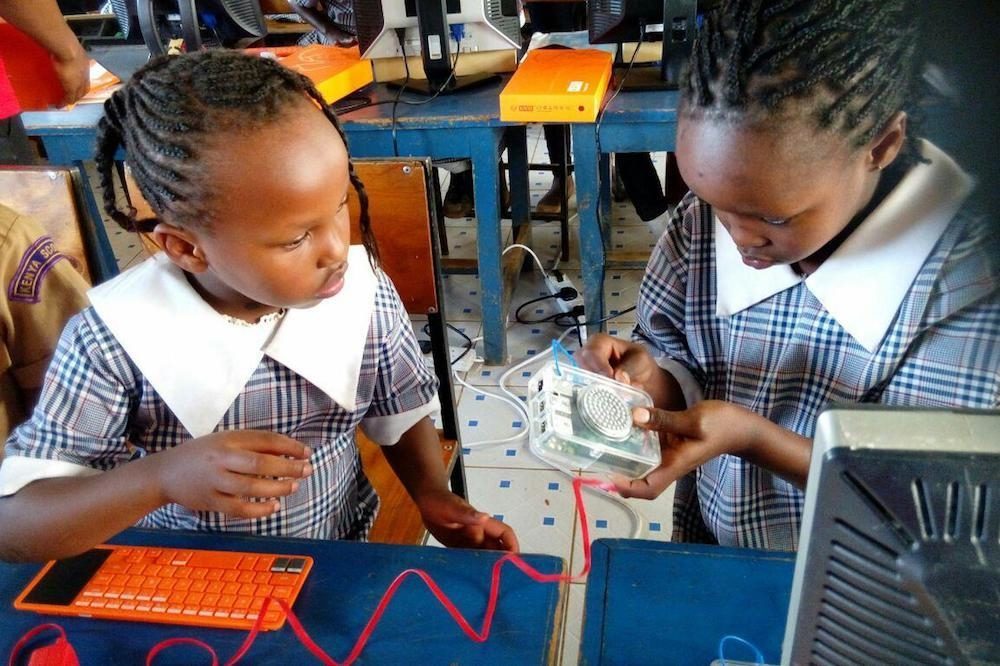advertisement
Closing Girls’ Digital Skills Gap
The recent global COVID-19 pandemic has illuminated the vital role of digital health, education, and social public services for inclusive…

The recent global COVID-19 pandemic has illuminated the vital role of digital health, education, and social public services for inclusive and responsive governance. It has additionally highlighted the existing local and global digital divides, plus the challenges of delivering digital services.
This digital divide is etching itself deeper and deeper in Kenyan digital culture. Now, preparing girls effectively for the ever-changing digital landscape is a prerequisite to ensure gender balance and ethics.
The factors behind the gender digital divide are complex and vary between countries, however they are often linked to the misconception that girls are less suited to technology – and ICT careers – than boys. Unfortunately, these expectations produce a generational ripple effect, as an absence of female role models discourages girls from pursuing studies in ICT.
advertisement
In Kenya, getting a foothold in the sector as an innovator or entrepreneur is no easy feat. More so for women. There are a myriad reasons why, but education, training and accessibility are persistent factors. Moreover, as global economic activity slows due to the global pandemic, the number of consequences surfacing are pointing to the fact that there needs to be enhanced improvement of digital skills on the market, in order to withstand the tides of the pandemic and re-build the economy in the coming future.
Access to technology, control of it, and the ability to create and shape it, is a fundamental issue of women’s human rights. Supporting women’s groups who use such technology to address issues would help the girls to deconstruct gender stereotypes and understand that their worth is just as much as anybody else. This is where CIO East Africa’s International Girl Child day event, that happened recently, laid out the constructs as to the progress needed to create a more digitally encompassing world.
A panel discussion involving Phides Nyamahonga, Helinna Ayalew, Maureen Mbaka, Sylvia Kipkemoi, Teresia Muiruri and Secil Seyfe deliberated issues facing girls in the digital space with great detail. Making an impact for the girl child in the digital realm was emphasised by the understanding that today, every industry is a tech industry. The notion that women and girls are valued in the tech space as they are, was a prominent point.
advertisement
“Through the diversifying of the tech field, there will be an improvement in tech culture as momentum is kept on the very diversity that intersects within and beyond gender.” explained Helinna Ayalew, the head of digital education at Liquid Telecom. “Data and culture is for everyone, women included.” Concluded Ruth Kaveke, the founder of Pwani Teknowgalz.
Digital technology has established itself as increasingly important tool for movement building. If it can rally and structure movements around campaigns that are political, then it can definitely play apart in structuring a campaign around empowering the girl child globally.
As far as bridging the divide goes, creative technology-based solutions to key gender equality issues like violence, health, and economic and political empowerment are key. This would help the girl idealize women, and help develop women role models too.
advertisement
Internet literacy for the girl then translates into more online safe spaces for women and girls, creating a ripple effect in women playing leadership roles in designing and shaping technology.